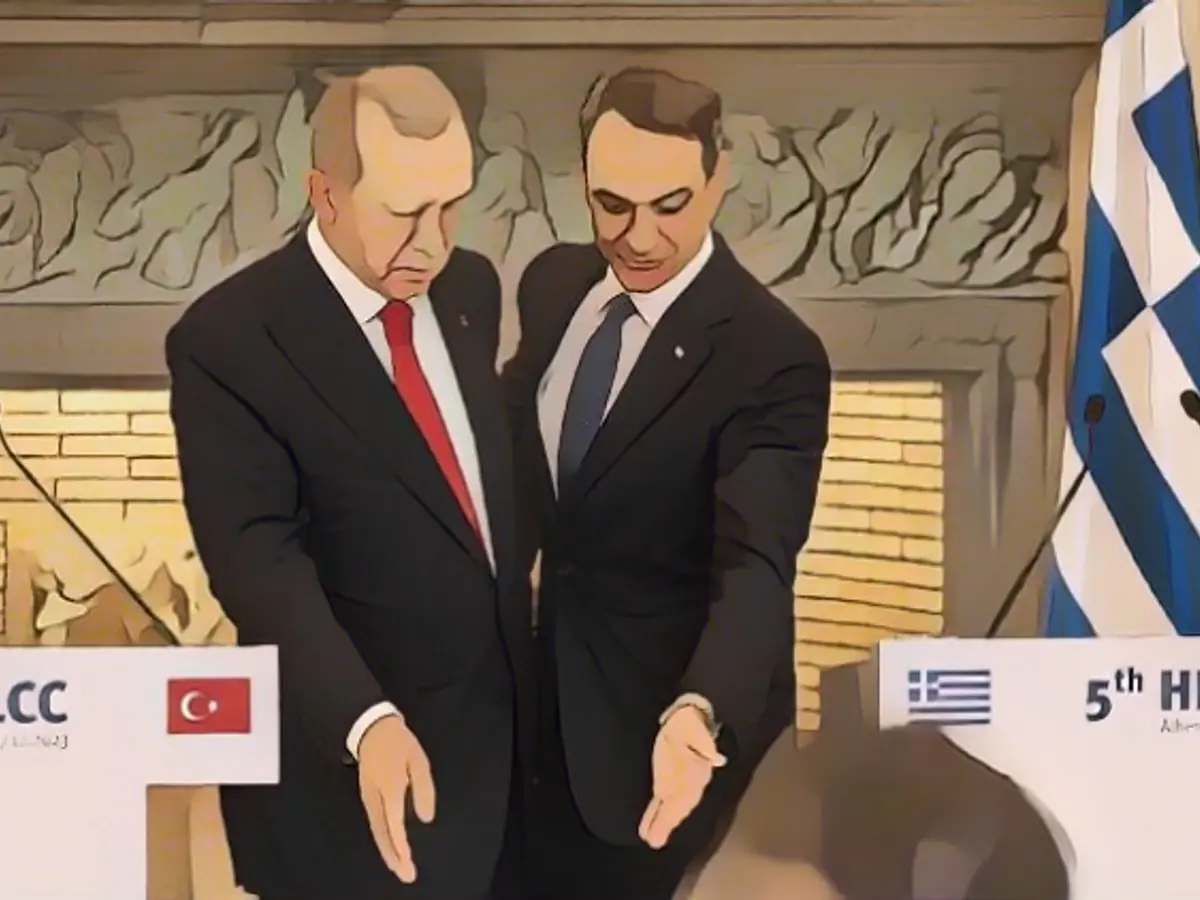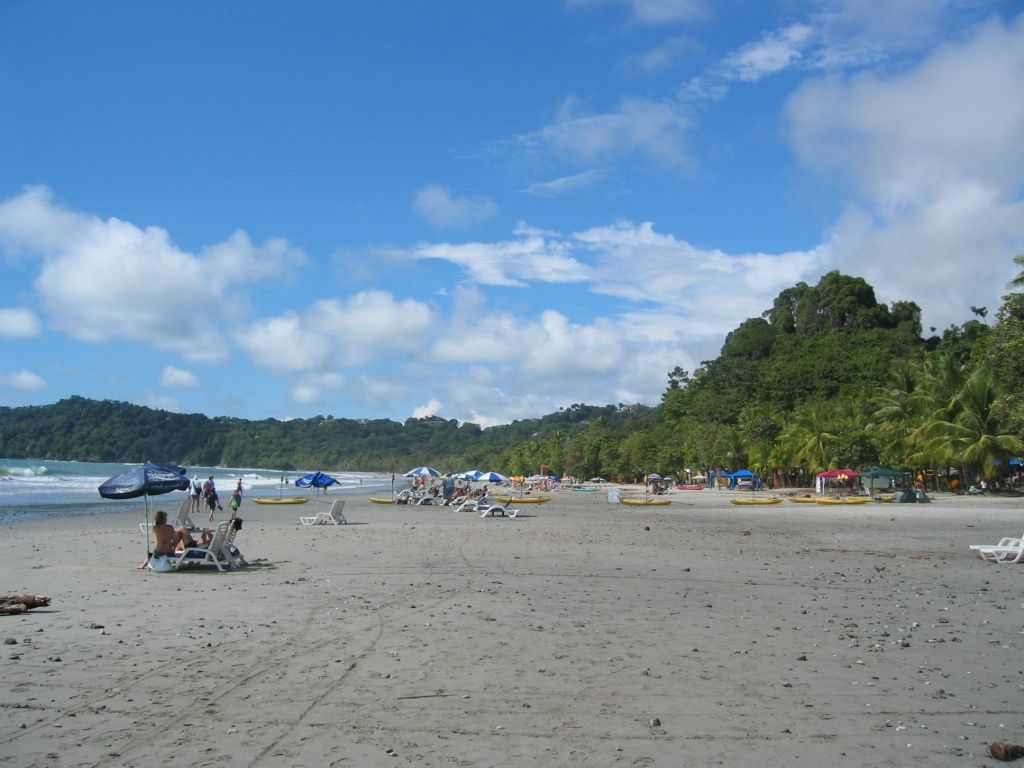"Mending Fences: Greece and Turkey's Quest for Understanding"
The centuries-old tensions between Greece and Turkey have long cast a shadow over their relations, with issues such as Cyprus and maritime borders dominating headlines. However, recent developments suggest a shift towards reconciliation, as both nations express optimism about building a more harmonious future.
During his first official visit to Athens in four years, Turkish President Recep Tayyip Erdogan met with Greek Prime Minister Kyriakos Mitsotakis. The mood was decidedly positive as both leaders expressed their desire to strengthen ties and explore new areas of cooperation. "Geography and history have dictated that we live in the same neighborhood...but I feel a historic responsibility to use this opportunity to bring the two states side by side, as our borders are," Mitsotakis said after the meeting.
Erdogan echoed these sentiments, emphasizing that "there is no problem between us that is unsolvable." To demonstrate their commitment, the leaders agreed to hold an annual meeting to further bolster their relationship.
The focus of this renewed relationship will be on expanding collaboration in various sectors, including tourism, trade, energy, migration, technology, and education. For instance, the two nations aim to double their current trade volume of $5.8 billion to $10 billion over the next five years. Moreover, Turkish citizens will be able to obtain one-week visas to visit ten Greek islands near the Turkish coast, following EU approval.
However, it's essential to acknowledge that the journey towards reconciliation will not be without its challenges. Persisting tensions surrounding sovereign rights and maritime resources, such as underwater natural gas reserves, pose significant obstacles. Additionally, historical grievances and strategic differences loom large, complicating efforts to resolve these issues.
To navigate these complex dynamics, it's crucial that both nations follow a "positive agenda" initiative. This approach advocates focusing on areas of mutual interest and cooperation, building trust, and engaging in constructive dialogue, rather than entrenching in divisive issues.
Intriguingly, this is not the first time the two nations have sought to mend fences. In the past, diplomatic efforts and interventions, such as Greece offering aid following a devastating earthquake in Turkey, have yielded some positive results.
While progress remains slow and uncertain, recent developments nonetheless herald a provisional window of opportunity for Greece and Turkey. By fostering greater cooperation and addressing their disputes constructively, both nations can work towards improving their relationship and, in turn, contributing to the broader stability of the region.
Enrichment Insights
Collaborative efforts in the energy sector, specifically renewable energy and infrastructure projects, can bring Greece and Turkey closer together.
Diplomatic interventions through international organizations, such as NATO and the EU, have the potential to shape the dynamics of their relationship.
The "positive agenda" initiative can help Greece and Turkey focus on achieving tangible results while navigating their challenges.
[1] "Turkey and Greece Take a Step Towards Normalizing Relations." . 2 May 2023.
[2] "Greece-Turkey: Erdogan calls for an end to hostility." . 2 May 2023.
[3] "Greece and Turkey: Should They Make Peace?" . 17 Feb. 2022.
[4] "Turkey's Neighborhood Policy." . Jan. 2023.
[5] "EU-Turkey relations." . 2 May 2023.








